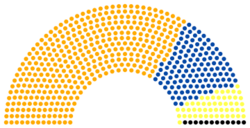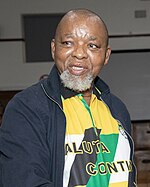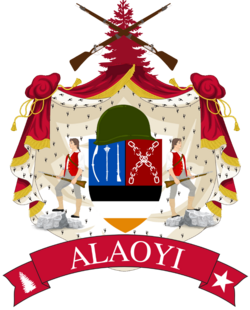2012 Alaoyian Special Election: Difference between revisions
No edit summary |
No edit summary |
||
| Line 7: | Line 7: | ||
| previous_election = [[2008 Alaoyian Presidential Election|2008]] | | previous_election = [[2008 Alaoyian Presidential Election|2008]] | ||
| previous_year = [[2008 Alaoyian Presidential Election|2018]] | | previous_year = [[2008 Alaoyian Presidential Election|2018]] | ||
| next_election = [[ | | next_election = [[2013 Alaoyian Presidential Election|2013]] | ||
| next_year = [[ | | next_year = [[2013 Alaoyian Presidential Election|2013]] | ||
| election_date = 19 March 2012 | | election_date = 19 March 2012 | ||
| votes_for_election = 567 [[Alaoyian Senate|Senators]] | | votes_for_election = 567 [[Alaoyian Senate|Senators]] | ||
Latest revision as of 06:06, 22 January 2024
| |||||||||||||||||||||
567 Senators 378 Senators votes needed to win | |||||||||||||||||||||
|---|---|---|---|---|---|---|---|---|---|---|---|---|---|---|---|---|---|---|---|---|---|
| |||||||||||||||||||||
 Votes for Agu Dike Votes for Erik Maffers Votes for Ingu Darake Abstensions | |||||||||||||||||||||
| |||||||||||||||||||||
The 2012 Alaoyian Special Election was a special election to select a new president after the resignation of former president Johann Kleks. With 567 senators, the winning candidate would need a two thirds majority in order to be elected as president, or 378 votes. Incumbent interim president Agu Dike of the Socialist Party won this election, with 381 votes.
In September of 2011, then president Johan Kleks of the Socialist Party was accused of violating ethics rules and personal conduct laws by having sexual relations with a 22-year old staffer, leading to Kleks' wife, Andrea Kleks, to publicly divorce him. Kleks lost further political support when it emerged in the trial that Kleks had previously lied in campaign finance reports and had kept the anonymous staffer on his personal payroll for nearly two years before reporting the staffer, avoiding payroll taxes and further violating Alaoyian employment laws. This scandal led to the resignation of Kleks on 21 February 2013. Deputy President Agu Dike became acting president.
Per Alaoyian law, in the event of the resignation, removal, death, or otherwise permanent incapacitation of the incumbent president more than 18 months from the next regularly scheduled election, a special election must be held in the Senate within 25 to 35 days after the president left office, with a two thirds vote required (though in certain emergency situations this bar may be bypassed). This meant that 378 votes were required for election. The Socialist Party nominated (allegedly against his wishes) Acting President Agu Dike. The Democratic Alliance nominated the leader of its Senate wing, Erik Maffers as its candidate, and the National Populist Party nominated Senator Ingu Darake. The Republican and Farmer's alliances refused to nominate candidates, with the Republicans being a part of a coalition with the Socialists and the Farmer's Alliance backing Agu in exchange for legislative concessions. Extremist parties Alliance for Freedom and the Ndibeanyan Solidarity Group both refused to nominate candidates and protested the election.
Agu, the incumbent interim president, was elected president after 29 members of the National Populist Party, primarily the party's more liberal wing, voted in favor of Agu, defecting from their party, allowing him to receive 381 votes, more than the 378 required for victory. Maffers came in second with 122 votes, and Ingu came in third place with 52 votes. 12 members of the Senate abstained, all from extremist parties. The 29 defectors and subsequent split in the National Populist Party is considered to be a factor in its loss in the eelection just 19 months later and the dominance of the Democratic Alliance over the Alaoyian right-wing from 2013 to 2023.



